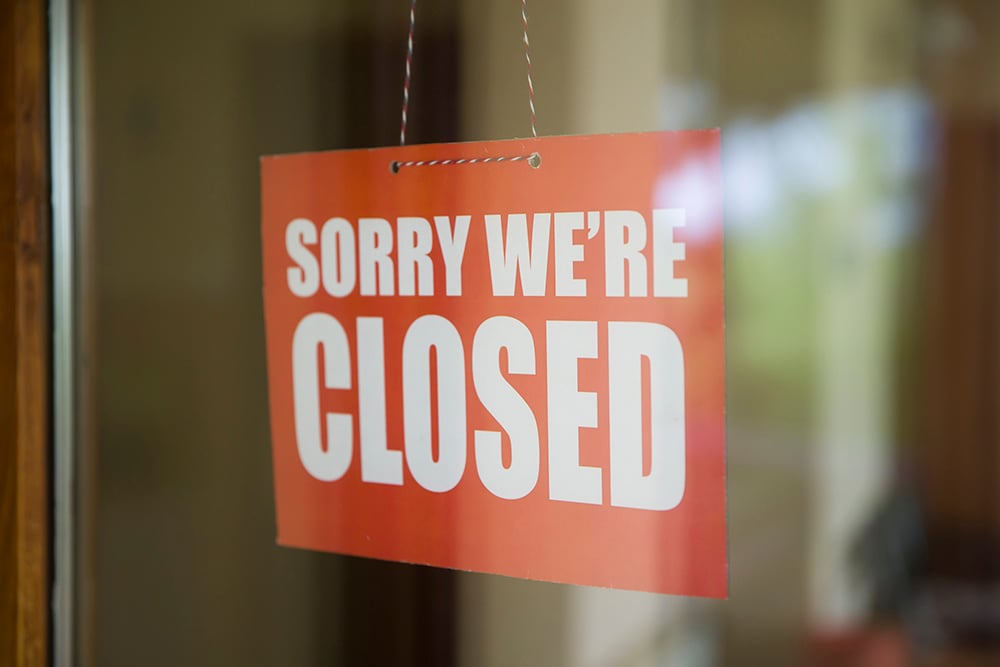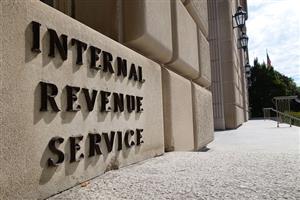
When it is time to close a business and there are no realistic sale options, there are several steps needed to officially dissolve the company, so no loose ends come back to affect you in the future. One of those requirements is filing forms with the IRS and/or your state for final tax settlement purposes. Depending on the structure of your prior operation, you may need to obtain an independent business appraisal as part of this process.
Here are a couple of things to consider when a final valuation comes into play.
Transfer or Sale of Assets
If your business owns a lot of equipment or vehicles, you will look to estimate a final value if you plan to sell them or transfer the property to another entity, such as a new company, or to yourself. This will show a clean break between when the old business was responsible for the assessment and when the new owner took over responsibility for them.
A machinery & equipment appraiser can complete this report as part of the overall business valuation.
If you own intangible assets such as patents, trademarks, domain names, customer lists, or transferable software, the value of these would be estimated by the business appraiser as part of any remaining goodwill of the company.
Valuation Methodology
The focus of the business closure appraisal will likely be solely on the remaining tangible and intangible assets; however, if there are any remaining accounts receivables, payables, long-term debt, or revenue streams not yet fulfilled, these will need to be considered as well.
The asset approach will probably still be the driving methodology utilized by the appraiser while adjustments are made to take these other factors into account.
In an ideal scenario, when it is time to move on from a business, you will be able to find a buyer that allows you to maximize the company's remaining value. If shuttering the operation is your only option, there will likely be additional housekeeping tasks to take care of before you segue to the next chapter of your career.
To learn more about these requirements, consult your accountant and an independent valuation expert who can provide further insight.

